Table of content
- Extending Shelf Life
- Preserving Flavor and Texture
- Optimal Refrigeration Conditions
- Unripe Passion Fruit
- Short-Term Use
- Frozen Storage Alternatives
- Whole Passion Fruit
- Cut or Sliced Passion Fruit
- Passion Fruit Puree or Juice
- “Refrigeration Ruins the Flavor”
- “Passion Fruit Should Never Be Refrigerated”
- “The Rind Must Be Perfectly Smooth”
Passion fruit, scientifically known as Passiflora edulis, is a tropical fruit celebrated for its vibrant flavor, aromatic scent, and nutritional richness. Native to South America, this exotic fruit has gained global popularity for its use in juices, desserts, salads, and gourmet dishes. However, like many perishable produce items, passion fruit requires proper storage to maintain its quality and extend its shelf life. A common question among home cooks and food enthusiasts is: Can passion fruit be refrigerated? This article explores the answer in detail, examining the science behind passion fruit storage, the impact of refrigeration, and practical tips to ensure optimal freshness.
Understanding Passion Fruit: Composition and Ripening
Before diving into storage methods, it is essential to grasp the biological makeup of passion fruit. The fruit’s exterior is a tough, purple or yellow rind (depending on the variety) that protects a gelatinous, seed-filled pulp. These seeds are edible and contribute to the fruit’s crunchy texture. Passion fruit is classified as a climacteric fruit, meaning it continues to ripen after being harvested. This ripening process involves the conversion of starches into sugars, softening the rind, and intensifying the fruit’s sweet-tart flavor.
Ripening is influenced by ethylene gas, a natural plant hormone. Exposure to ethylene accelerates ripening, while cold temperatures slow it down. This biochemical interplay is critical when deciding whether to refrigerate passion fruit.
The Case for Refrigeration: Benefits and Considerations
Extending Shelf Life
Refrigeration is one of the most effective ways to prolong the freshness of passion fruit. At room temperature (around 68–77°F or 20–25°C), a ripe passion fruit will typically last 3–5 days before showing signs of deterioration, such as wrinkling, mold, or fermentation. When stored in the refrigerator, however, its shelf life can extend to 2–4 weeks. The cold environment slows down microbial growth and enzymatic reactions that cause spoilage.
Preserving Flavor and Texture
While refrigeration delays ripening, it also helps retain the fruit’s tangy-sweet taste and firm texture. Unripe passion fruit stored in the fridge will ripen gradually, allowing users to control the timing of consumption. For fully ripe fruit, refrigeration prevents overripening, which can lead to a mushy texture and a fermented flavor.
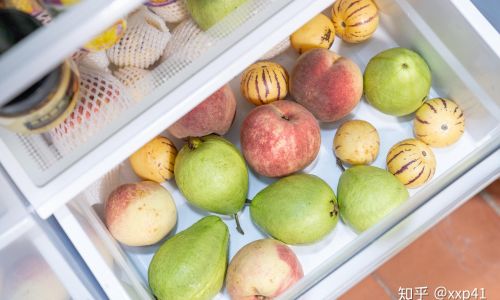
Optimal Refrigeration Conditions
To maximize benefits, passion fruit should be stored in the refrigerator’s crisper drawer, where humidity levels are slightly higher than in the main compartment. If the crisper is unavailable, place the fruit in a perforated plastic bag to maintain moisture without trapping excess humidity, which can promote mold. Avoid washing the fruit before refrigeration, as moisture accelerates spoilage.
When Refrigeration Is Not Recommended
Despite its advantages, refrigeration is not always the best option. Consider these scenarios:
Unripe Passion Fruit
Storing unripe passion fruit in the refrigerator can halt the ripening process entirely. If the fruit is still green and firm, it is better to leave it at room temperature until it develops a slightly wrinkled rind and a fragrant aroma. Once ripe, it can be moved to the fridge.
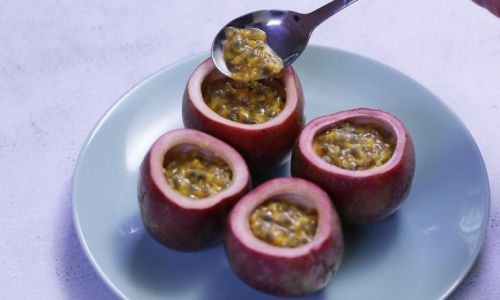
Short-Term Use
If you plan to consume the passion fruit within a day or two, refrigeration is unnecessary. Keeping it at room temperature preserves its natural ripening process and ensures peak flavor when eaten fresh.
Frozen Storage Alternatives
For long-term preservation (beyond four weeks), freezing is a superior option. Passion fruit pulp can be scooped out, mixed with a bit of sugar or lemon juice to prevent browning, and stored in airtight containers or ice cube trays. Frozen passion fruit retains its flavor for up to 12 months.
How to Store Passion Fruit: Step-by-Step Guide
Whole Passion Fruit
- Unripe: Leave at room temperature (68–77°F or 20–25°C) in a well-ventilated area, such as a fruit bowl. Check daily for ripeness.
- Ripe: Transfer to the refrigerator’s crisper drawer. Store in a single layer to prevent bruising.
Cut or Sliced Passion Fruit
If the fruit has been cut, refrigeration is mandatory to prevent bacterial growth.

- Scoop out the pulp and seeds, then transfer to an airtight container.
- Drizzle a thin layer of lemon juice or honey to prevent oxidation (browning).
- Seal tightly and store in the refrigerator for up to 3–5 days.
Passion Fruit Puree or Juice
- For homemade puree, strain the pulp through a sieve to remove seeds.
- Pour into ice cube trays or small containers.
- Freeze for up to 12 months; thaw in the refrigerator before use.
Signs of Spoilage: When to Discard Passion Fruit
Even with proper storage, passion fruit will eventually spoil. Watch for these indicators:
- Mold: Fuzzy green or white patches on the rind or pulp.
- Off Odor: A fermented, sour, or alcoholic smell indicates bacterial growth.
- Softness: Extremely mushy texture with liquid leakage.
- Discoloration: Dark brown or blackened pulp.
Myths About Refrigerating Passion Fruit
“Refrigeration Ruins the Flavor”
While excessive cold can dull the flavor of some fruits (e.g., tomatoes), passion fruit’s robust taste remains largely intact when stored correctly. The key is to avoid freezing whole fruit, which can alter texture.
“Passion Fruit Should Never Be Refrigerated”
This myth likely stems from confusion with non-climacteric fruits like citrus, which do not ripen post-harvest. However, passion fruit benefits from refrigeration once ripe.
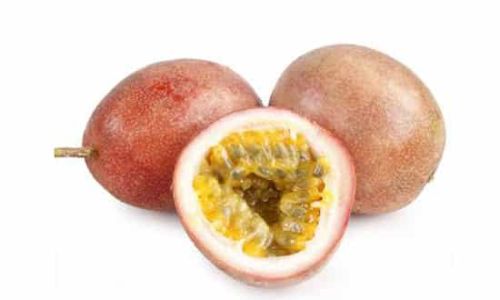
“The Rind Must Be Perfectly Smooth”
A slightly wrinkled rind is actually a sign of ripeness, not spoilage. Wrinkled passion fruit is often sweeter and juicier.
Culinary Uses for Refrigerated Passion Fruit
Refrigerated passion fruit retains its versatility in the kitchen. Use it in:
- Smoothies and Juices: Blend with mango, pineapple, or coconut water.
- Desserts: Top yogurt, ice cream, or cheesecake with chilled pulp.
- Salads: Add a tangy kick to fruit salads or green salads.
- Marinades: Mix with soy sauce, garlic, and honey for a tropical glaze.
Environmental and Economic Considerations
Proper storage reduces food waste, a critical global issue. By extending the life of passion fruit, refrigeration helps minimize the environmental impact of discarded produce. Additionally, buying in bulk when the fruit is in season and storing it correctly can save money over time.
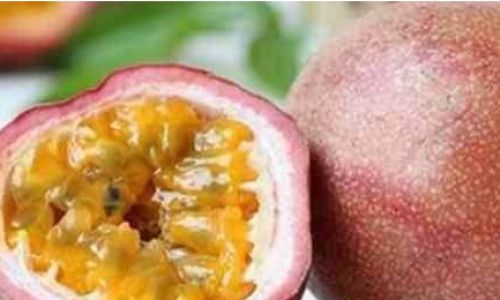
Conclusion: To Refrigerate or Not to Refrigerate?
The answer depends on the fruit’s ripeness and your intended use. Unripe passion fruit should ripen at room temperature, while ripe fruit thrives in the refrigerator. Cut or processed passion fruit must always be refrigerated. By understanding the science of ripening and employing smart storage techniques, you can enjoy this tropical delight at its peak for weeks. Whether you’re a home cook, a health-conscious eater, or a sustainable food advocate, mastering passion fruit storage is a small yet impactful step toward reducing waste and savoring nature’s bounty.
Final Tip: Always buy firm, unblemished passion fruit and handle it gently to avoid bruising. With care, this vibrant fruit can bridge the gap between tropical indulgence and everyday practicality.
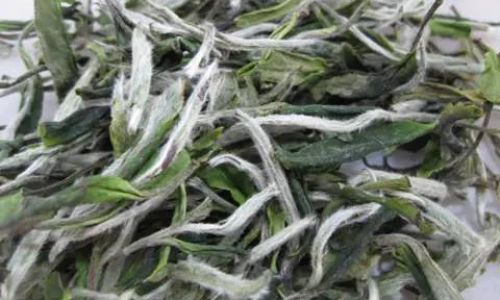


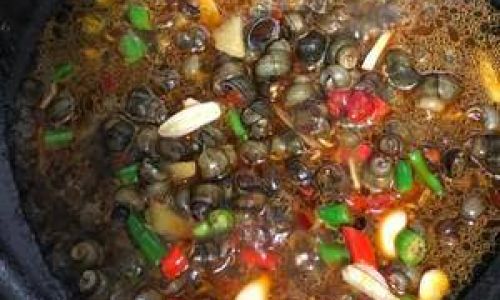
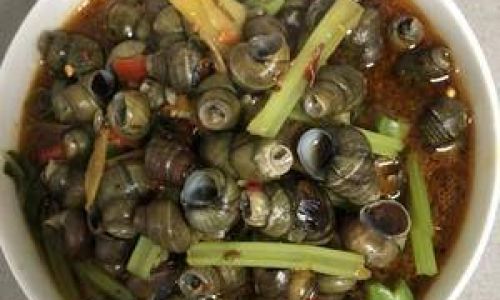
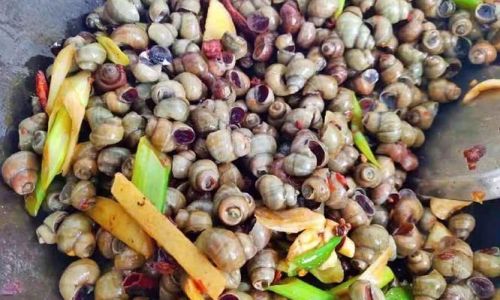
0 comments